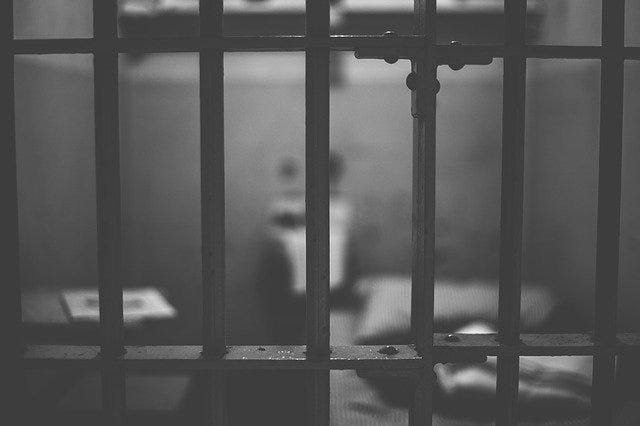When we were packing to come to Portugal, we ditched any products that had CBD or any cannabis-like ingredients. We were under the impression that such products were illegal in Portugal. Imagine my surprise when I saw this store in Cascais.
My Podcast Addiction
If you are a regular reader, you know I have a podcast addiction: 70% politics/news, 20% finance/economics, 10% pure fun. Last week, I listed to John Heilemann interview Senator Corey Booker on John’s podcast Hell & High Water. The focus of the interview was the US criminal justice system and a large part of it related to the US’s criminal policy related to drug use. Senator Booker made the point that we have tens of thousands of young men serving prison terms for doing something that two of the last four presidents of the United States had admitted to…using recreational drugs. Young men (and women) will have to reveal their incarceration on future job applications, thus limiting their employment opportunities. People, that in many states, will be denied the right to vote. The irony was not lost on me. And it led me to do more research into Portugal’s policies related to drug use.
Portugal’s Radical Drug Policy
In short, Portugal decriminalized drug use in 2001. Now some background. In 1980, when drugs poured into Portugal’s southern coastline it was a different place.
Forty years of authoritarian rule under the regime established by António Salazar in 1933 had suppressed education, weakened institutions and lowered the school-leaving age, in a strategy intended to keep the population docile. The country was closed to the outside world; people missed out on the experimentation and mind-expanding culture of the 1960s. When the regime ended abruptly in a military coup in 1974, Portugal was suddenly opened to new markets and influences. Under the old regime, Coca-Cola was banned and owning a cigarette lighter required a licence. When marijuana and then heroin began flooding in, the country was utterly unprepared. — The Guardian
In 1980, the town of Olhão became the drug capital of Europe. One in every 100 Portuguese was battling heroin addiction. The rate of HIV infection was the highest in the EU. Overdose deaths, drug-related muggings, and burglaries dominated the local news. By pure happenstance, a family physician in Olhão, Dr. Álvaro Pereira got involved. Dr. Pereira approached the problem, not as a policeman or a judge, but as a physician would … one patient at a time. A young person that could live with their family needed something different than a person living on the street. Treating these people required a multi-disciplinary approach tailored to that individual’s needs and circumstances. As such, he recruited others to assist him in his efforts.
Dr. Pereira’s approach became the national standard in 2001. Today, a person found to have a personal supply of any illicit drug is given a warning, a small fine (often waived), and asked to appear before a local “commission” made up of a doctor, a lawyer, and a social worker. They are provided information on treatment, harm reduction, and available support services. While treatment is strongly encouraged (and free) admission is not forced. The belief is that one must want to be treated for the treatment to be effective.
Twenty Years Later
While Dr. Pereira’s approach was adopted, it was not without its critics. There was a Portuguese version of the “Just Say No” campaign we had in America, in Portugal as well. However, when one compares outcomes to those in the States the results are striking:
Portugal did not eliminate opioid use, but it has been drastically reduced and stabilized;
HIV infections went from 104.2 new cases per million to 4.2 cases per million in four years;
There has been a dramatic reduction in overdose deaths, and drug-related crime.
Portugal’s radical drug policy has had an impact and been supported by a change in societal views:
Those who had been referred to sneeringly as drogados (junkies) – became known more broadly, more sympathetically, and more accurately, as “people who use drugs” or “people with addiction disorders”.
As I have written before, traveling gives us the opportunity to test our preconceived notions. It causes us to ask questions, many of which we never considered before. I wonder, will U.S.’s for-profit prison system ever allow such a transformation to take place in the States?
If you want to learn more: Permit me to recommend, this article from The Guardian and this one from Transform Drugs. As always, your comments are welcome.
Editor’s Note: From the Washington Post (July 2023). As funding for drug treatment has lapsed, all is not so rosy in Portugal cities. Subscription to Washington Post may be required to read article.






Thank you so much for your well-written, informed, and enlightening posts. I’m enjoying learning more about your newly adopted country, especially during my own long drought without travel. Much appreciated.
Excelente